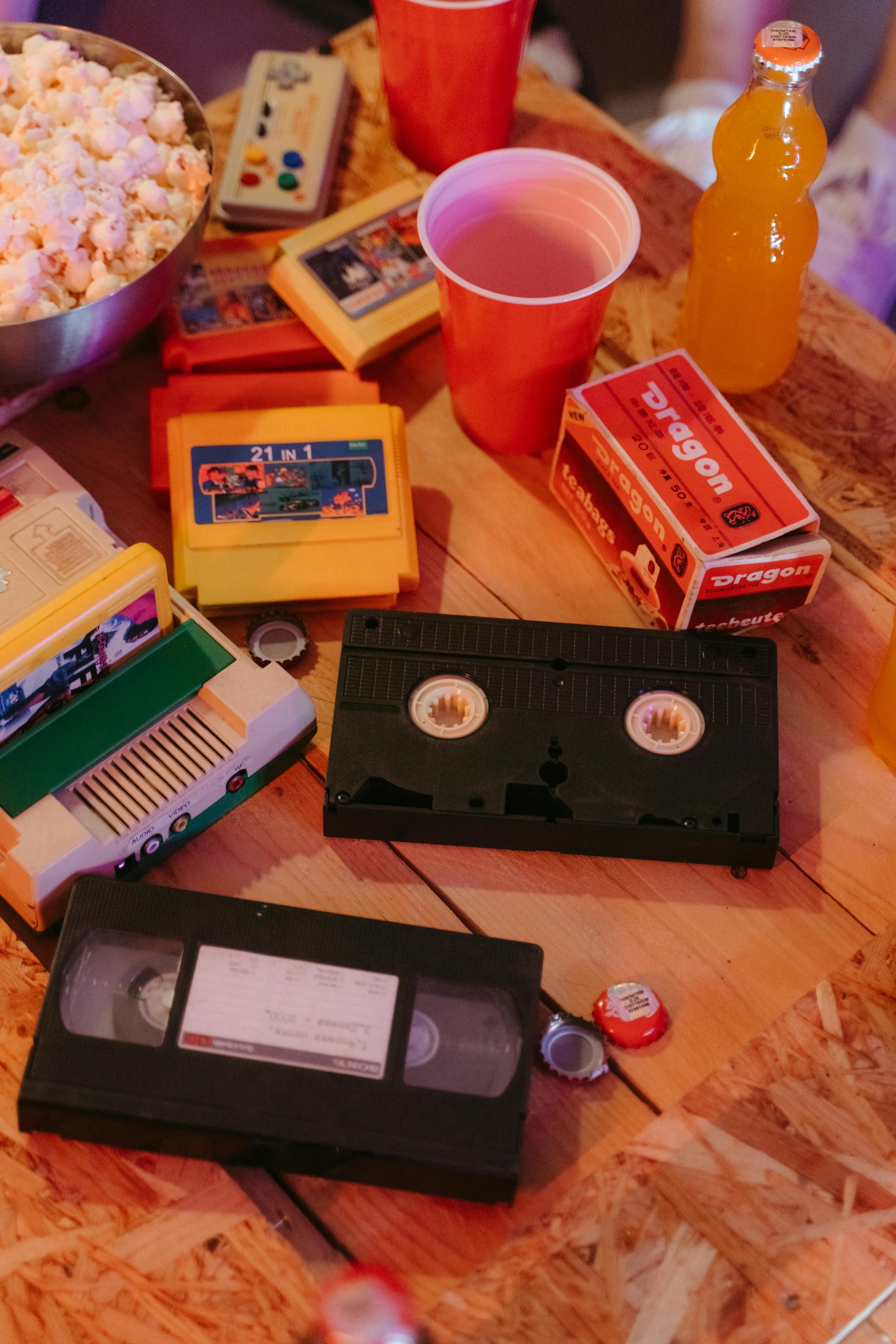if someone were to use napster when it wasn’t illegal to download music during 1999 era and still have all that music is it still legal to own?
Understanding the Legal Status of Music Files Downloaded During the Napster Era
The advent of peer-to-peer file-sharing services like Napster in the late 1990s revolutionized how people accessed and shared music. However, it also sparked complex legal debates that continue to resonate today. If you downloaded music via Napster during its early, pre-legal-takedown days (around 1999–2000) and still possess those files, what is their legal standing? Let’s explore this nuanced topic.
Historical Context: Napster’s Rise and Fall
Napster launched in June 1999 as a groundbreaking peer-to-peer platform, allowing users to freely share MP3 files. During its initial period, the service operated in a legal gray area—many users believed they were within their rights to download and share music, as no explicit bans had been enforced yet.
However, this perception changed rapidly. By 2001, major recording industry lawsuits culminated in the shutdown of Napster’s service following the landmark case A&M Records v. Napster, Inc. The courts held that Napster facilitated widespread copyright infringement, and as a result, the service was ordered to cease operations. Since then, the legal landscape has clarified: unauthorized sharing and downloading of copyrighted music constitute copyright infringement.
Current Legal Considerations: Possession of Old MP3s
If your music collection includes MP3 files obtained during Napster’s early days, are you at legal risk today? Generally speaking:
-
Possession Alone: You are unlikely to face legal consequences solely for owning these files. Law enforcement agencies typically do not pursue individuals for possessing old MP3s acquired through unauthorized means, especially if you are not distributing or selling them.
-
Copyright Status of Files: These MP3s are technically considered unauthorized copies unless they were explicitly distributed by the copyright holder. For example, some independent or emerging artists uploaded their tracks voluntarily for free distribution—these would be considered legal copies.
-
Legal Rights and Infringement: Legally, owning such files does not mean you have a license or legal right to them. Distribution, sale, or public sharing without permission would breach copyright law.
Key Takeaways for Modern Owners
-
Likelihood of Legal Action: The odds of facing legal action for simply possessing old MP3 files from 1999–2000 are minimal. Law enforcement generally does not target individuals for mere possession of such files.
-
Copyright Implications: While ownership isn’t














Post Comment